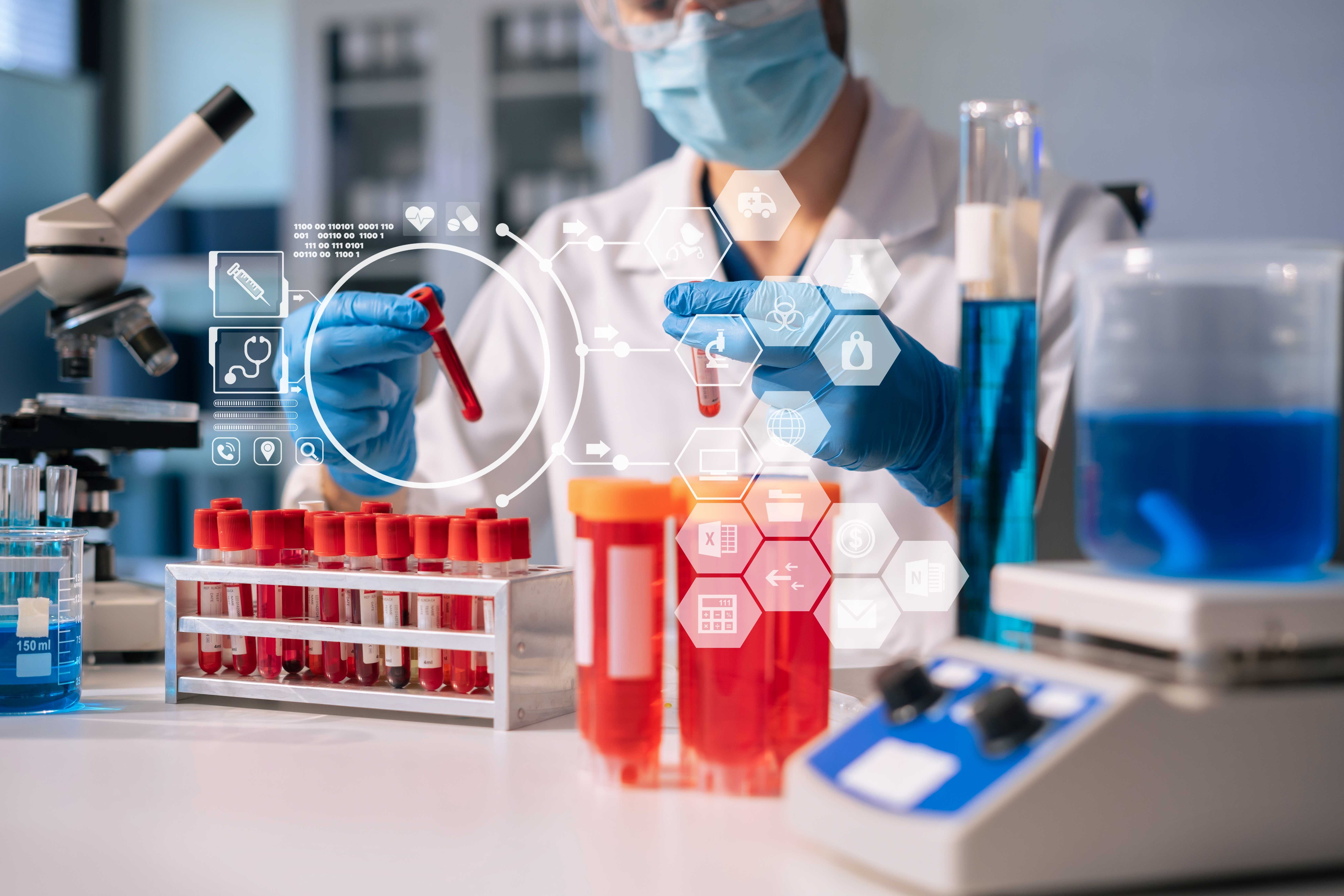

Changing Lives Through Life Sciences Recruitment Since 2012
At Hyper Recruitment Solutions (HRS), our mission is simple yet powerful: to change lives through exceptional life sciences recruitment. Founded in 2012 by scientist and life sciences advocate Ricky Martin, in collaboration with Lord Alan Sugar, HRS connects high-calibre scientific talent with organisations leading the next generation of healthcare innovations.
With a deep commitment to science and innovation, we specialise in placing outstanding professionals across pharmaceuticals, biotechnology, diagnostics, medical devices, and advanced sectors - supporting employers across the UK, Europe, and North America.
A scientific foundation is what sets HRS apart. Our founder is a biochemist rather than a traditional recruiter - and two-thirds of the team come from scientific or technical backgrounds. We speak your language. We don’t just match CVs to job descriptions - we understand the science, the regulatory landscape, and the urgency behind each hire.
Whether you're a start-up, scale-up, or a global life sciences leader, we’re here to help you build high performing teams that drive progress and deliver real impact. For candidates, we offer more than a job - we provide a trusted pathway to meaningful, fulfilling careers that truly make a difference.
At HRS we believe that every placement has the potential to change a life, and sometimes, even save one. This belief has always, and will continue to fuel our mission.
- Lives Changed
- Trees Planted
- Tonnes of CO2 offset
- Client Partners
- Countries Supported


Often the starting point for innovation in the life sciences, where fundamental research and development of new therapies, including advanced therapies like gene and cell therapies, take place.





Latest Jobs
Find Your Perfect Fit
Don't miss out on your next oppurtunity in life sciences. Search now.
Our Services
We deliver comprehensive recruitment and consulting solutions.
Contingent hiring for permanent and contract roles
Flexible and responsive recruitment solutions to meet immediate hiring needs. This includes:
- Access to a diverse talent pool across the Life Sciences
- Quick turnaround for permanent and contract roles
- No upfront commitment – payment upon successful placement
Exclusive hiring for permanent and contract roles
A dedicated approach to finding the perfect fit for your organization, ensuring priority access to top talent. This includes:
- Exclusive partnership for targeted recruitment
- Enhanced candidate screening and selection processes
- Dedicated account management for a tailored experience
Retained search assignments for senior appointments
Specialized recruitment for high-impact leadership and executive roles. This includes:
- Market mapping and headhunting for senior appointments
- Confidential search processes for critical hires
- Comprehensive candidate assessments and benchmarking
Volume hiring campaigns and strategic consultancy
Solutions for large-scale recruitment drives or advisory needs. This includes:
- End-to-end management of high-volume campaigns
- Recruitment for new site launches or growth projects
- Workforce planning and strategic consultancy for talent initiatives
RPO (Recruitment Process Outsourcing) / MSP (Managed Service Provider) services.
Embedded talent solutions to streamline and optimize hiring processes. This includes:
- Onsite or remote RPO/MSP services tailored to client needs
- Total talent acquisition and workforce management
- Consistent and scalable support for ongoing recruitment needs













